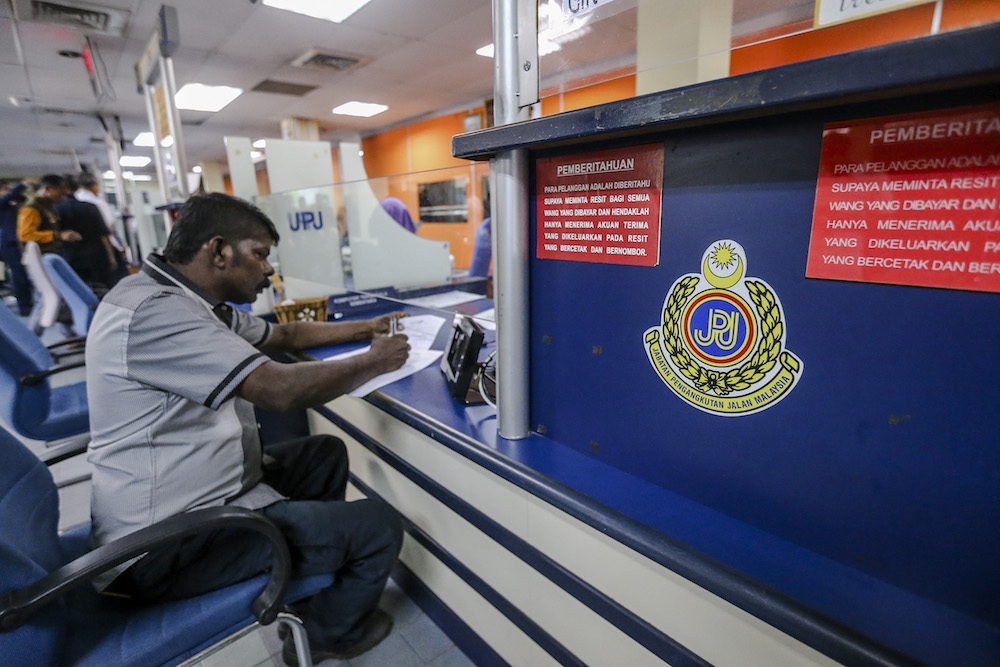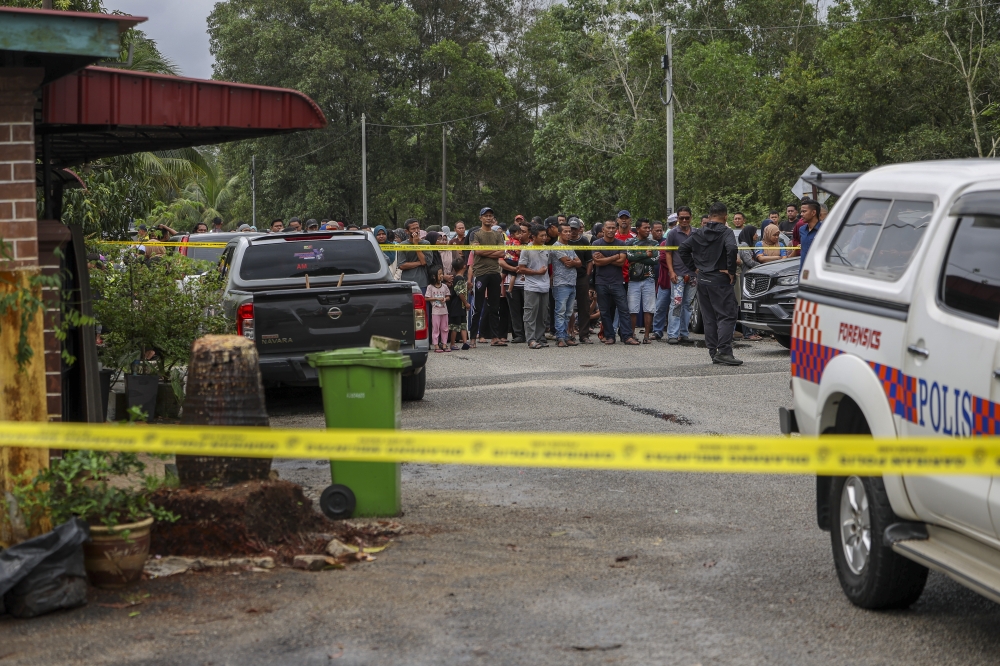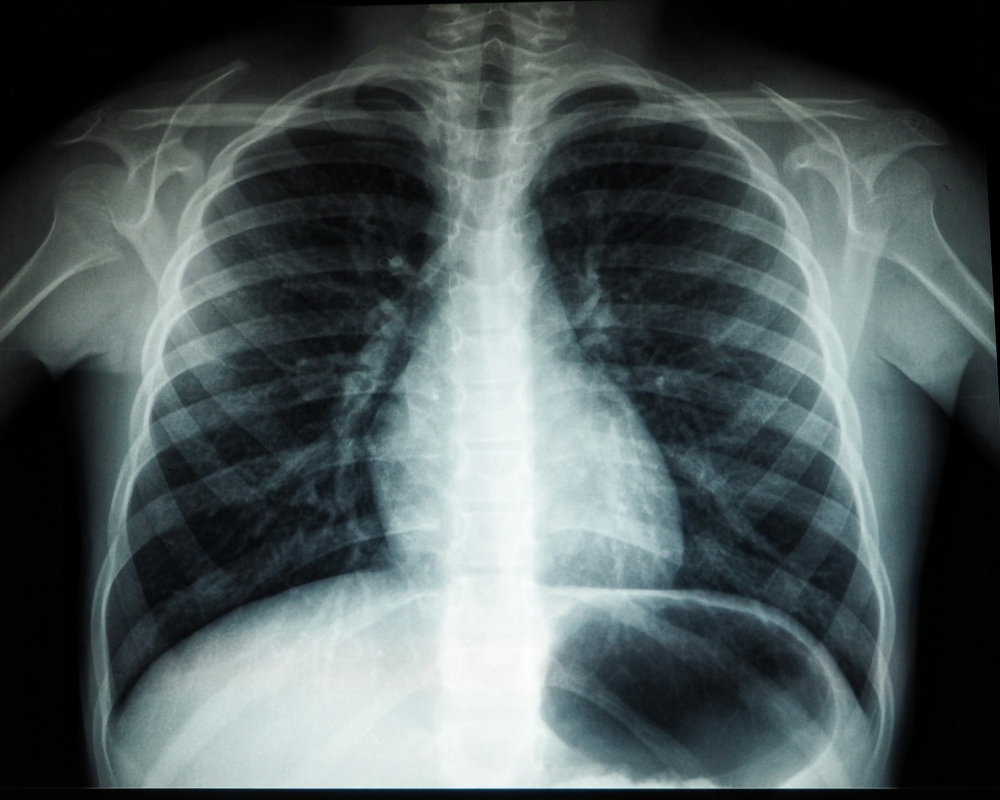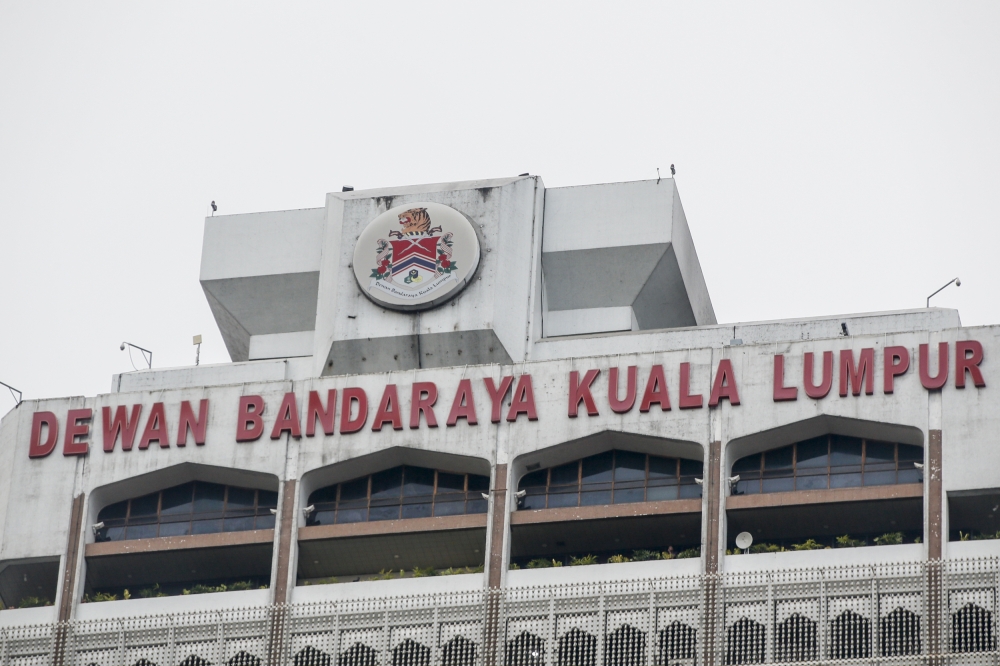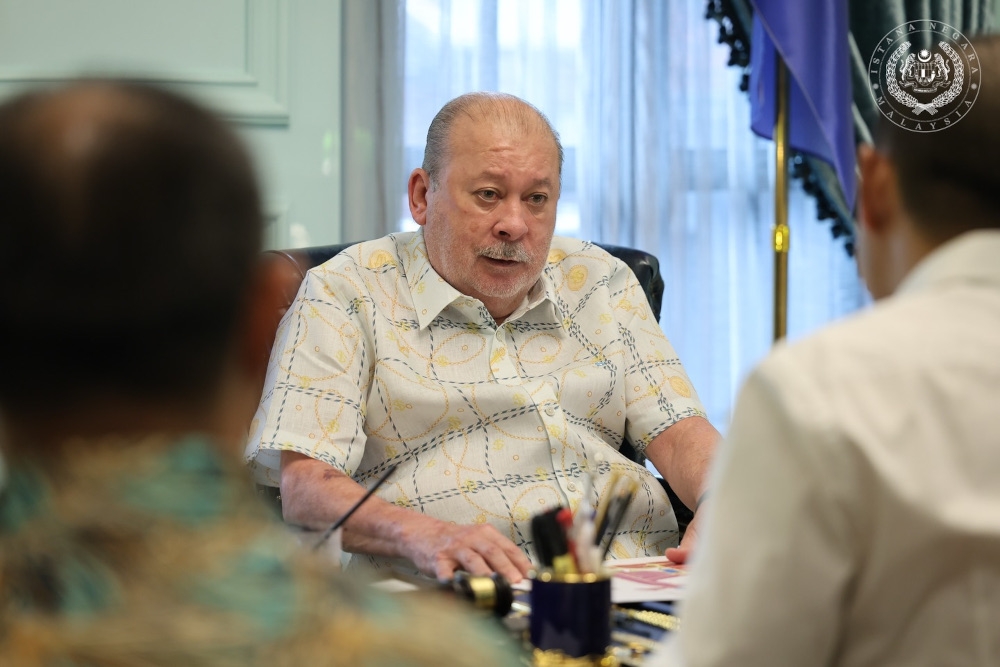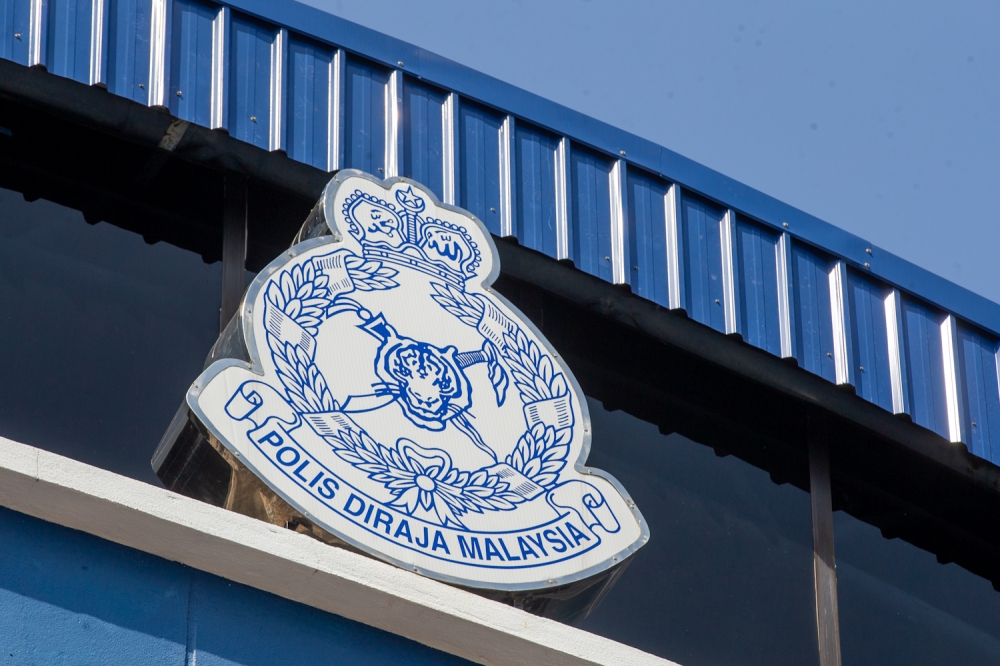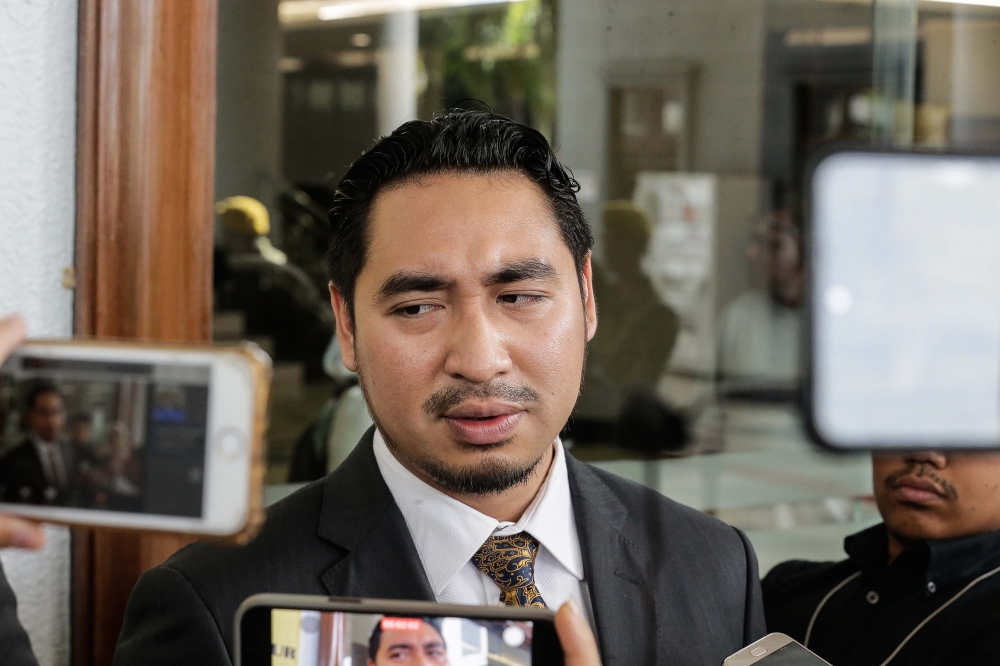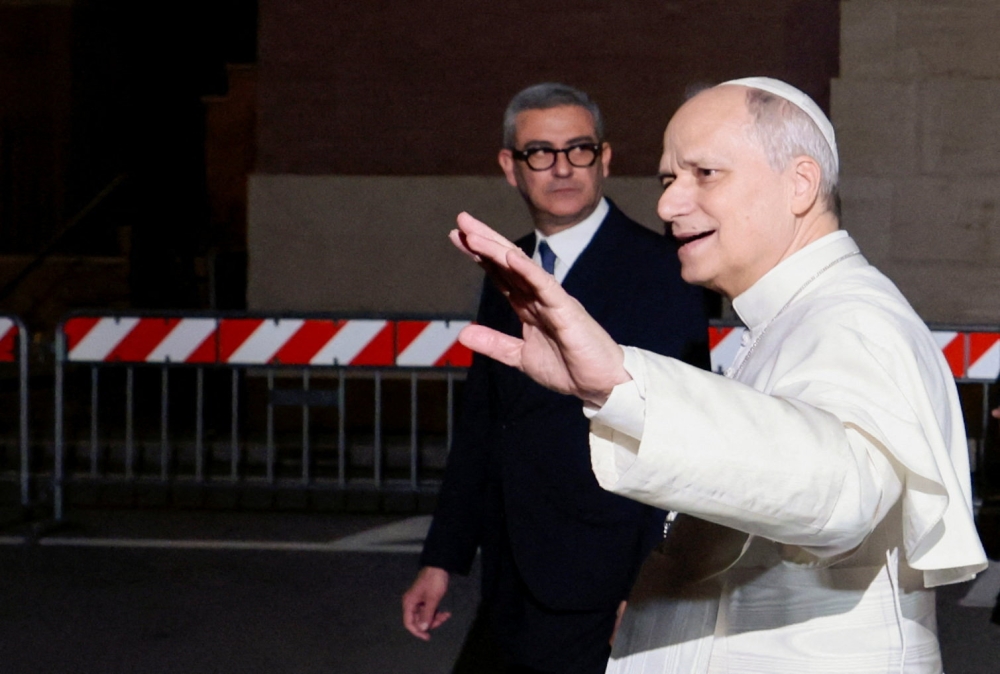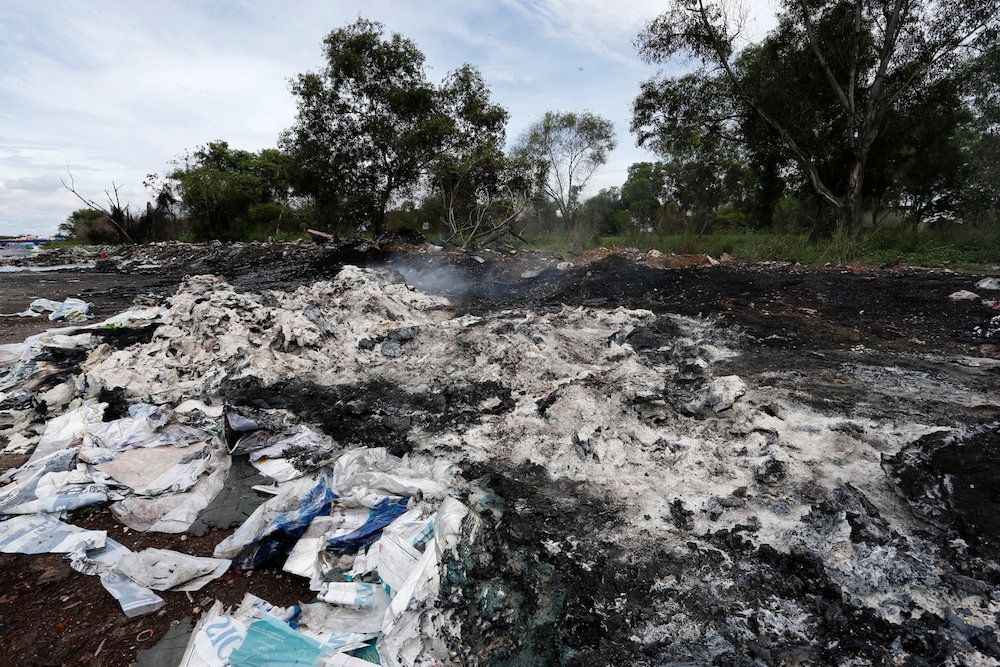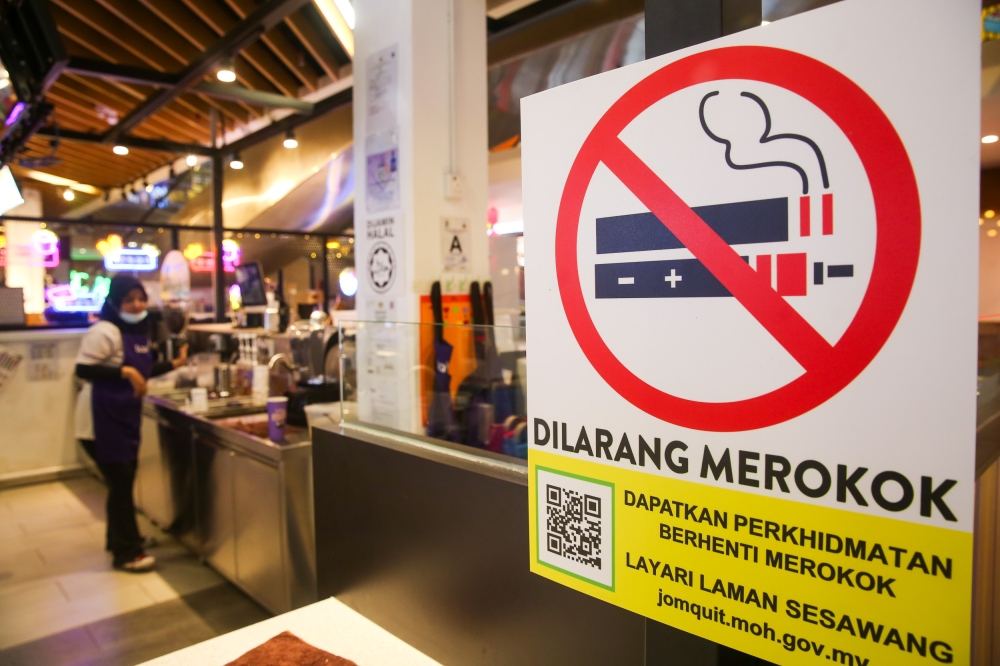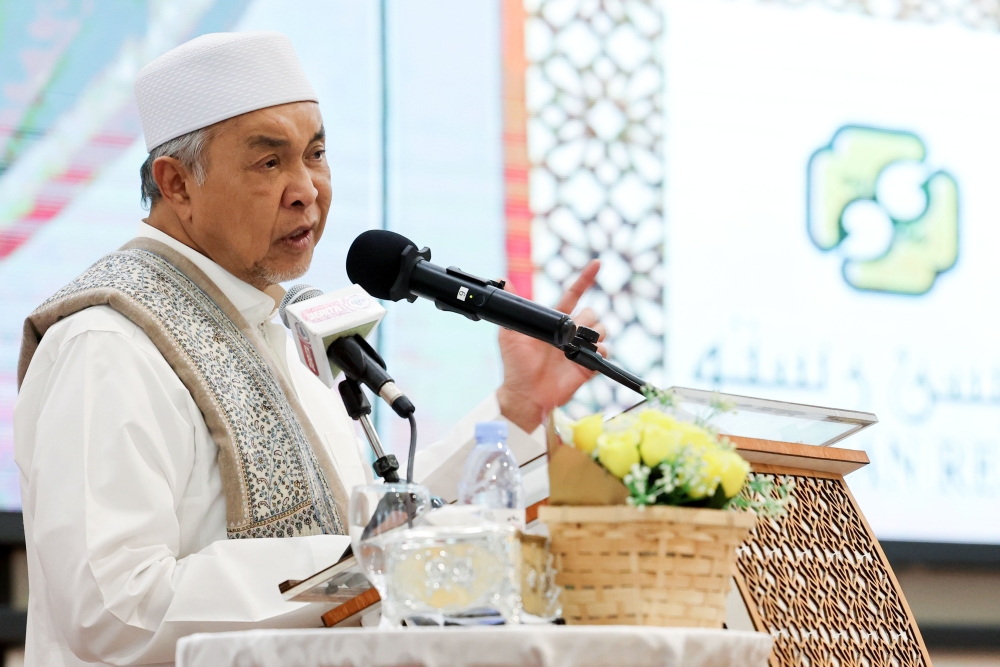KUALA LUMPUR, Dec 19 — Malaysia could have saved RM291 million this year if it had recycled items instead of just throwing them out, according to Solid Waste Management and Public Cleansing Corporation (SWCorp) chief executive officer Datuk Ahmad Husaini Abdul Rahman.
He said nearly one tonne of goods that could have been recycled were binned this year, The Star reported today.
The amount of discarded goods comes to 6.96 per cent out of 35.38 per cent of the national recycling rate.
“Assuming the average price of recycled waste is 30 sen per kilogram (kg), then the estimated value of the waste that should have been recycled is RM291 million,” he told The Star.
He said there were four types of goods that can be recycled and can add to the national revenue, listing them as plastic, paper, metal and Tektra pak – which comprises paper, polyethylene and aluminium used in food packaging.
Citing data from SWCorp's 2022 Solid Waste Composition Study, The Star reported that plastic (22 per cent) and paper (15 per cent) made up the bulk of waste at 26 landfills that weighed in at 3.18 kilotonne.
Plastic, valued at a minimum market rate of 10 sen per kg, could contribute nearly RM70 million to the national income, while paper had the potential to generate over RM47 million.
Metal, which made up 2 per cent of recyclable materials in landfills, could have earned more than RM25 million at a minimum market rate of 40 sen per kg while Tetra pak, priced at five sen per kg, could earn RM3 million.
Ahmad Husaini said the potential of goods that can be recycled is 42.34 per cent, citing the Survey on Solid Waste Composition, Characteristics & Existing Practice of Recycling In Malaysia findings undertaken by the National Solid Waste Management Department in 2012.
He said 42.32 per cent is based on the existing recycling technologies available domestically.
But Ahmad Husaini also observed that the national recycling rate has been rising over the last eight years from 15.7 per cent in 2015 to 35.38 per cent this year.
“This shows that the programmes implemented by SWCorp have had a positive impact, and the community is increasingly aware of recycling in their daily lives.
“However, SWCorp cannot be complacent. Efforts to encourage recycling among the community will be intensified to ensure Malaysia achieves the 40 per cent national recycling rate by 2025,” he was quoted as saying.
To do that, he said all states must enforce solid waste separation activities at source, also known as SAS for short.
At the moment, he said SAS is only enforced in the seven states that have adopted the Solid Waste and Public Cleansing Management Act 2007 (Act 672).
They are: Johor, Melaka, Negeri Sembilan, Pahang, Kedah, Perlis, and the Federal Territories.
“The enforcement of this regulation in all states in Malaysia would certainly obligate the community to carry out waste segregation, as well as recycling activities,” Ahmad Husaini was quoted as saying.

